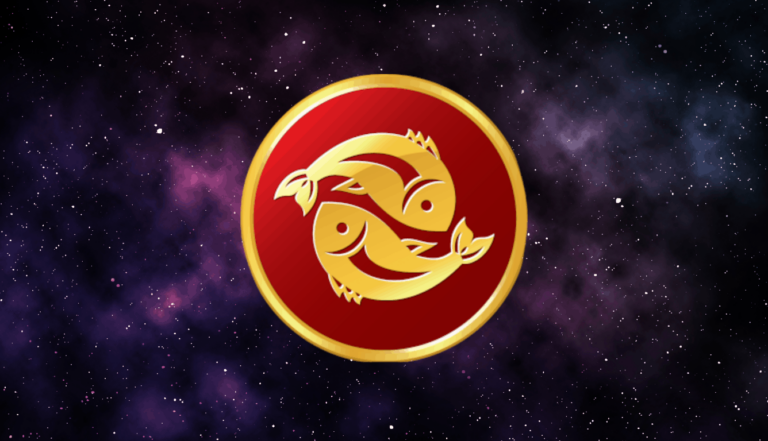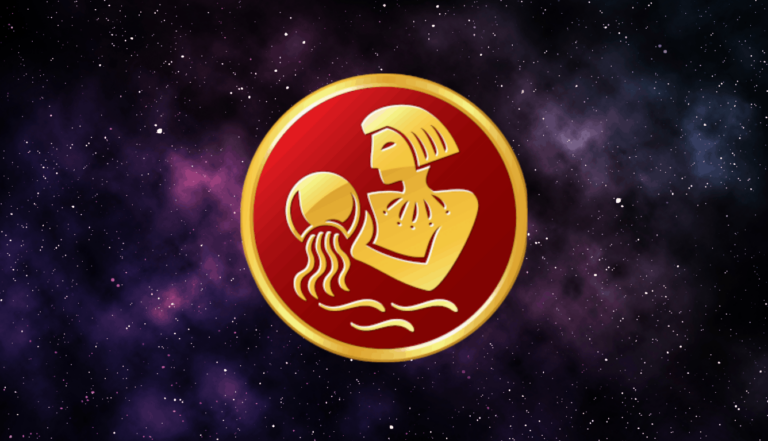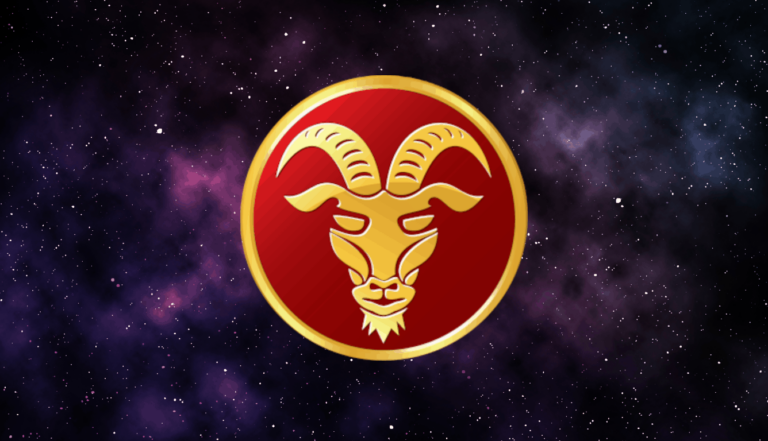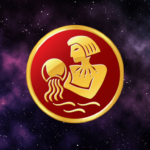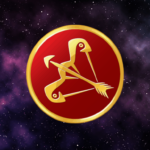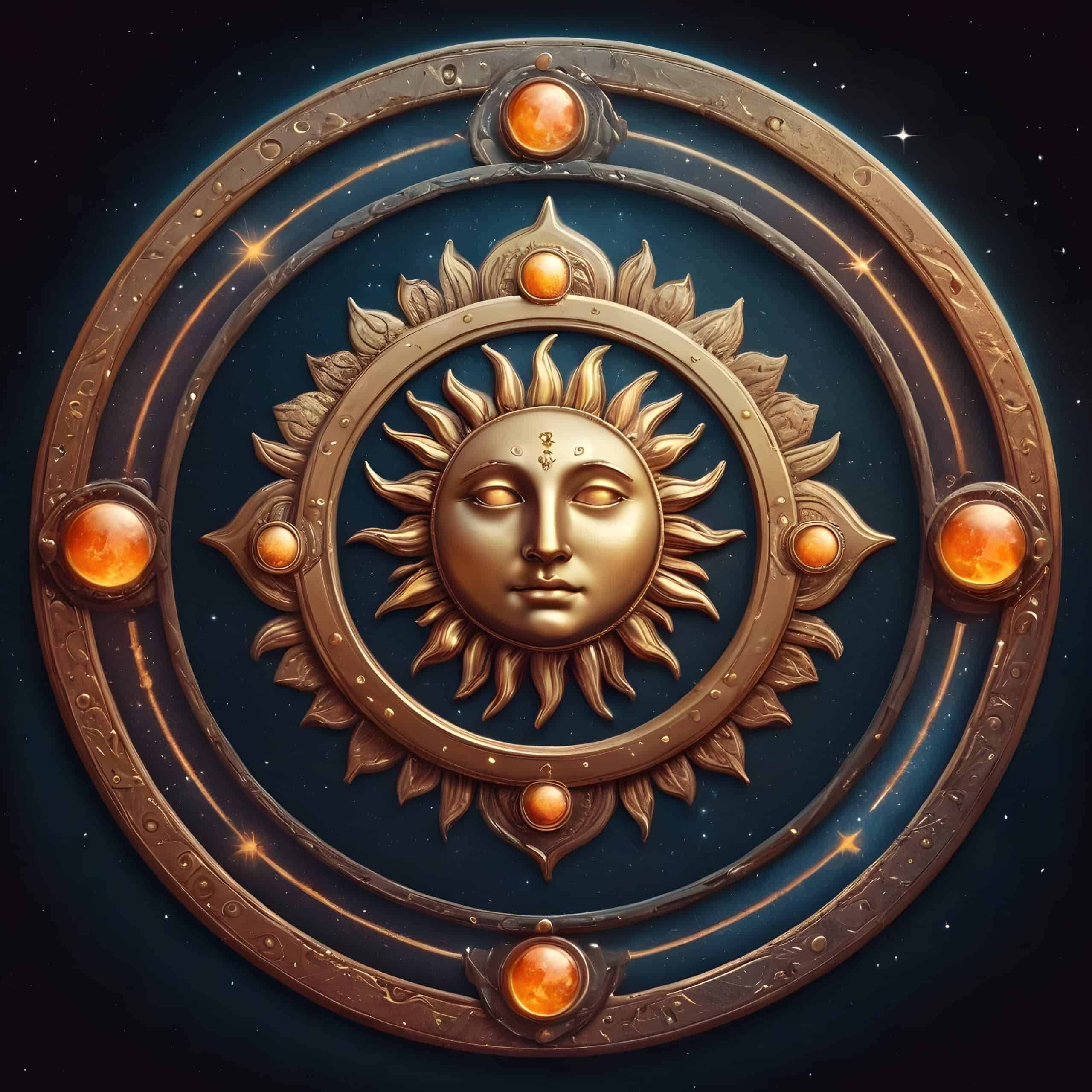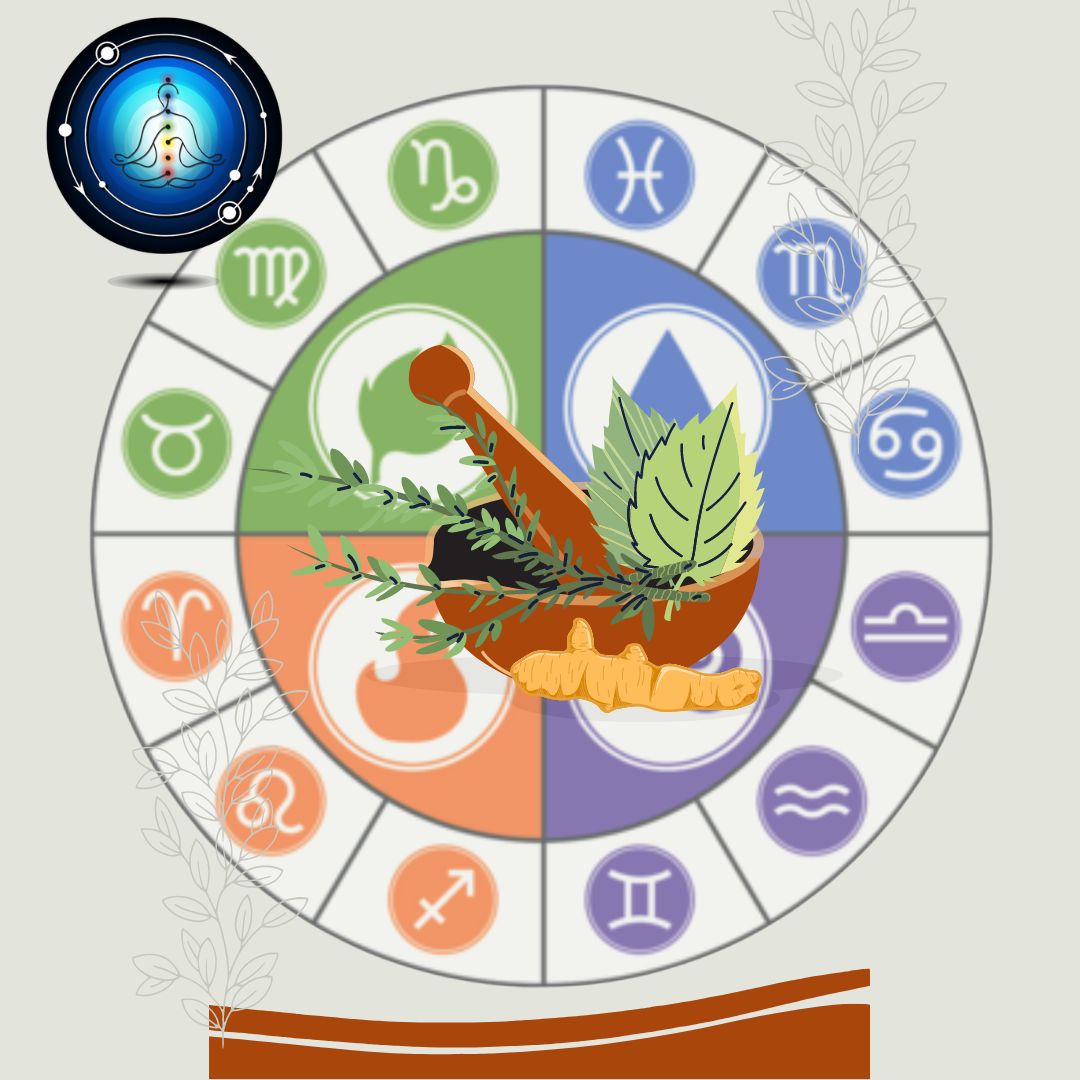Planetary Transits & its effects on Horoscope
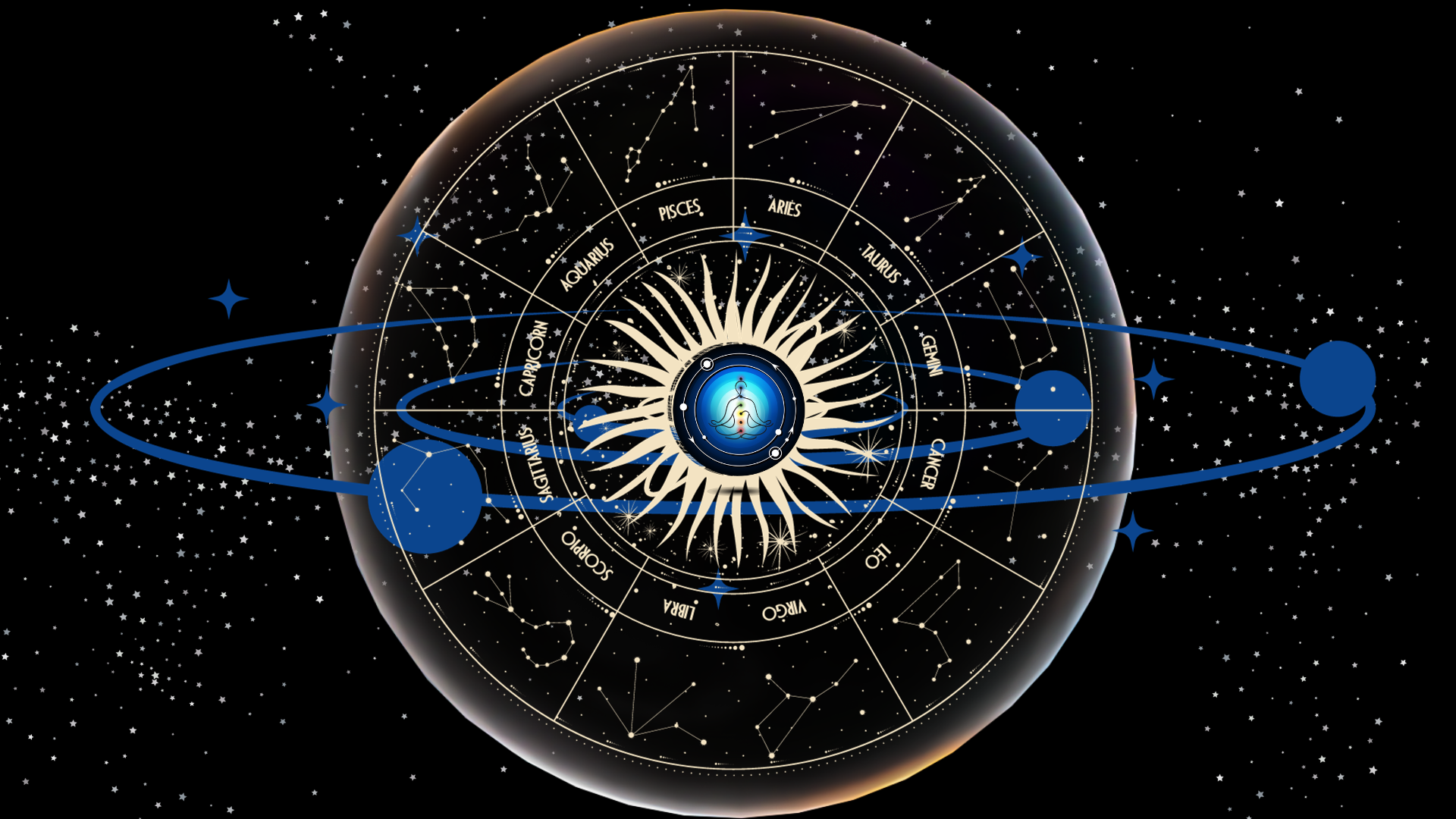
What is a Planetary Transit?
According to Vedic Astrology, the zodiac belt comprises 12 signs, each with 30 degrees. The planets move through these signs, and their transit significantly impacts a person’s life. Planetary Transit in Vedic Astrology is known as “Gochar” and plays a crucial role in determining the course of one’s life. The placement of planets in a person’s natal horoscope or janam kundli affects various aspects of their life. Similarly, during their transitory movements across all 12 signs of the zodiac belt, they influence a person’s life.
A favourable planetary transit can enhance the positive effects of well-placed planets in the natal horoscope during their Dasha (periods of operation). On the other hand, a transit indicating bad results can nullify the positive effects and aggravate the negative effects of ill-placed planets in the natal horoscope.
Transit Pattern of Planets
The transits of planets (except some) involve attributes or patterns such as being ‘Direct’, ‘Retrograde’, ‘Combust’ and ‘Stationary’. While the Sun and Moon always move in a Direct motion, Rahu & Ketu always move in Retrograde. The remaining planets go through all the transitory motion states.
It is essential to keep track of the astrological transits of planets as every planetary transit significantly impacts your daily life. Each planetary transit occurs at a different speed, with the inner planets, such as the Moon, Sun, Mercury, and Venus, moving through the signs quickly, and the outer planets, such as Mars, Jupiter, Saturn, Rahu, and Ketu having longer-lasting transits, allowing you to experience the shift for an extended period.
Planets with the Strongest Transit Effects
It is worth noting that each planet uniquely influences a person’s life, which is determined by their natal horoscope. However, to better understand how these planets affect our lives, it is essential to identify the specific planets that play a more significant role during their transitory movements. During their transits, planets can have sudden and life-transforming effects on different aspects of a person’s life, depending on their fixed placement in the natal horoscope and the houses they transit.
These planets are:
- Jupiter
- Saturn
- Rahu & Ketu
- Mars
Planets like the Moon, Mercury, Venus, and the Sun have a short duration of transit through a sign. As a result, their transit effects are usually very swift but still highly significant. Mars, on the other hand, has the ability to cause intense turbulence and turmoil during its transit in a sign, despite travelling through a sign at a pace that is only slightly slower than the Sun due to its volatile characteristics.
Time Taken by Planets to Transit through a Sign
Each planet takes a different amount of time to travel through a zodiac sign. It is commonly assumed that the planet that takes the longest time to travel through a sign would have the strongest impact during its transit, but this belief is not always true. Planets that have a comparatively shorter duration of transit can also cause significant effects in someone’s life. Planets that spend more time in a sign have more impact on the domains of life connected with that sign and house than those that exit a sign after a few weeks. Planetary transits through the zodiac signs are precise timekeepers of life events. The duration of these transits may vary from days to months, and even years. During these periods, the planets interact with the energies of the signs they pass through, creating a powerful celestial connections. For instance, if Jupiter, the planet of expansion and wisdom, transits through a specific sign, it might bring opportunities for growth, knowledge, and abundance in the associated areas of life. On the other hand, Saturn’s transit often brings lessons, discipline, and challenges that ultimately lead to personal growth.
To understand how a planet’s transit affects a person, it is important to analyze their horoscope and know about the planet transits. One way to do this is by determining the amount of time each planet takes to move through a sign.
- Moon: 2.25 Days
- Sun: 1 Month
- Jupiter: 12 months
- Venus: 26 Days
- Saturn: 2.5 Years
- Mercury: 21 Days
- Mars: 45 Days
- Rahu & Ketu: 18 Months
Vedic astrology, which is also known as Jyotish, is an ancient system that places great significance on the movements of celestial bodies. In this system, it is believed that the planets hold the secrets of our destinies and are seen as sentient beings with their unique qualities. Vedic astrologers analyze the movements of these planets, which are known as transits, in relation to an individual’s birth chart, also known as the natal chart.
The natal chart acts as a personalized cosmic map, which shows how the transiting planets align with the positions of planets at the time of one’s birth. The intersections and angles between these planets provide valuable insights into the timing and nature of events in a person’s life.
Understanding how planetary transits work in Vedic astrology, especially in the context of Planetary Transits every year, is like deciphering the mystical language of the cosmos.
